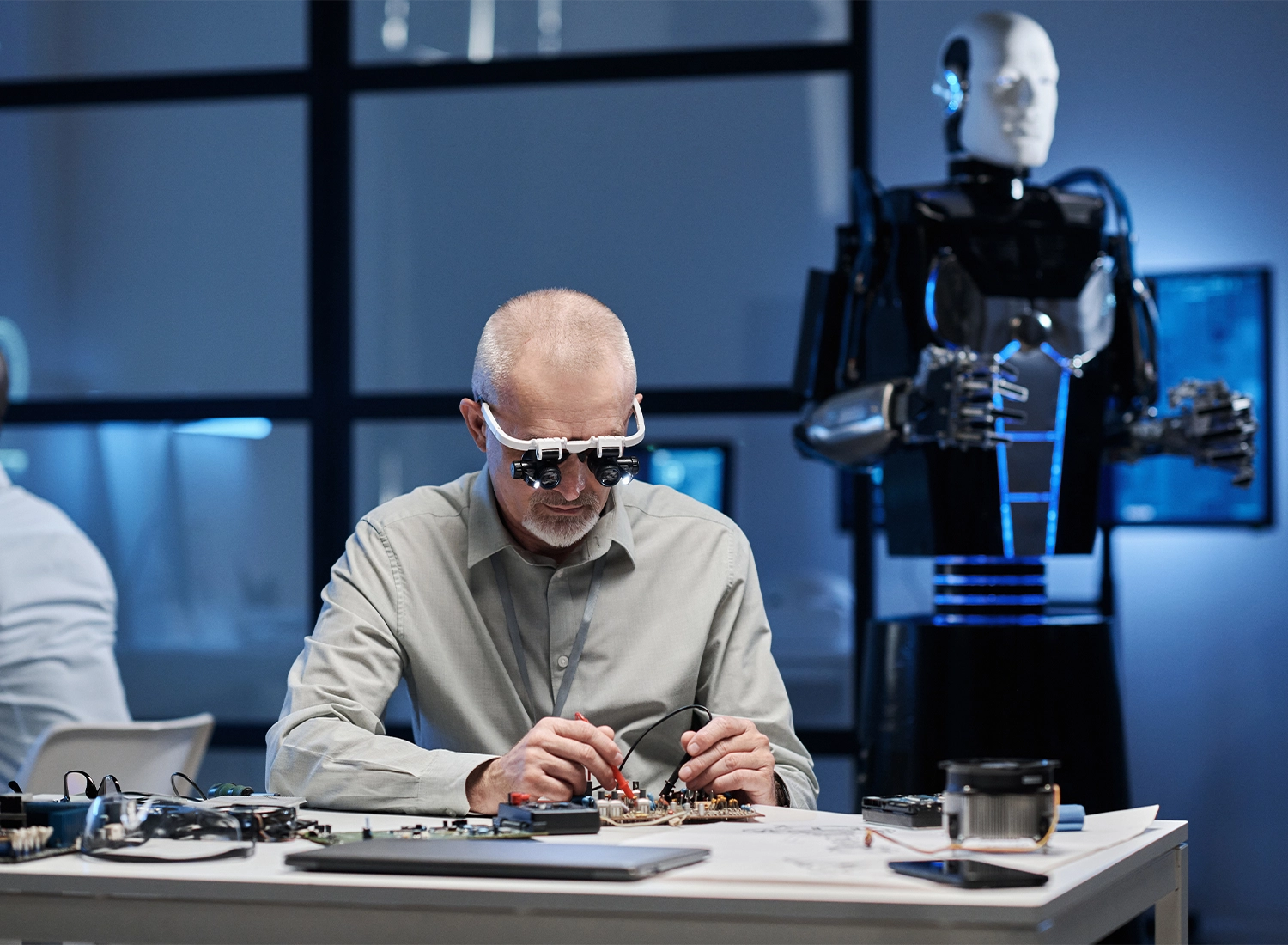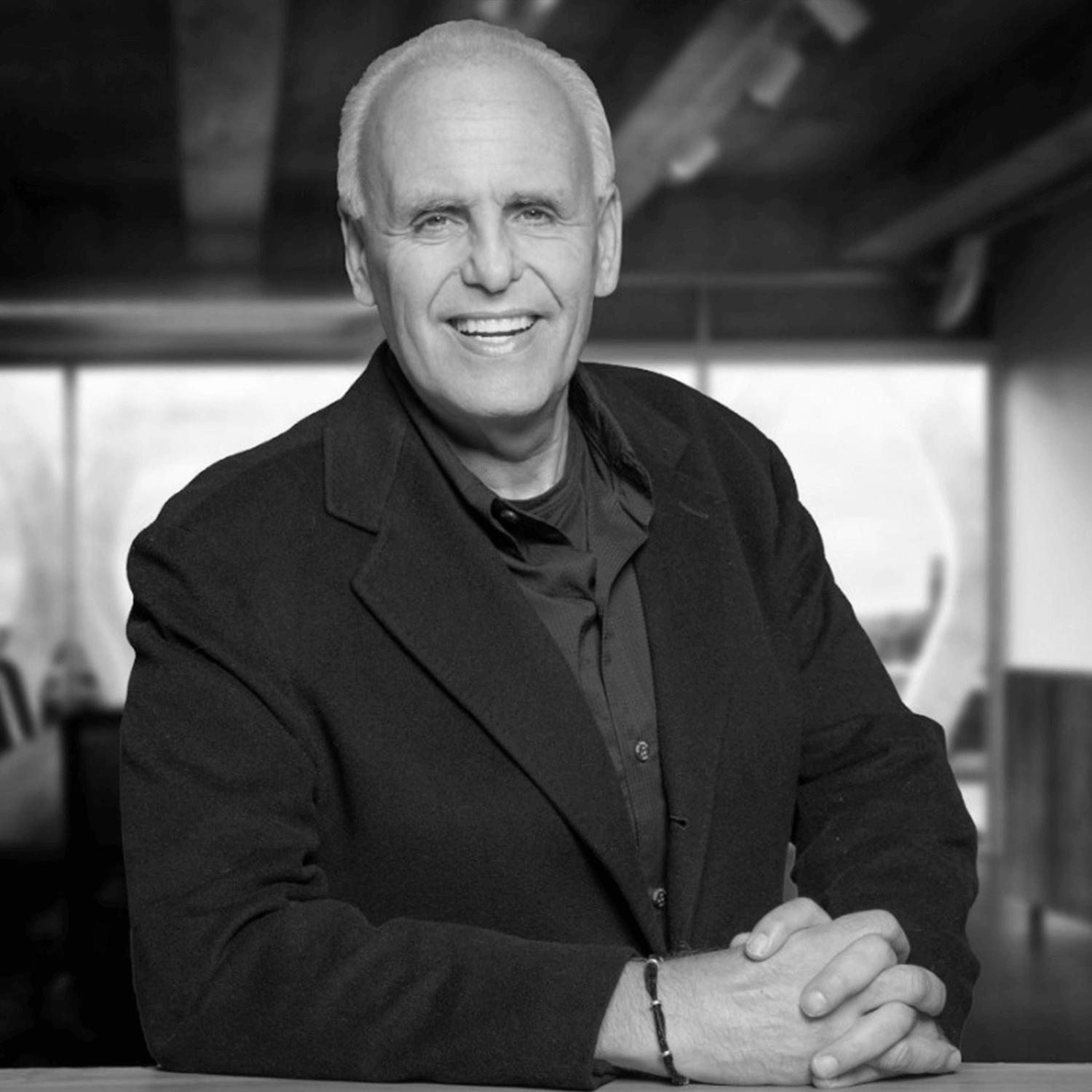
The race to secure elite AI talent is one of the defining challenges for global technology companies. As large language models scale into the trillions of parameters, the distinction between a capable researcher and a field-defining scientist often determines whether a company leads the next wave of innovation.
Traditional academic markers such as degrees or citation counts offer only a partial view. The most impactful AI scientists demonstrate excellence across six dimensions: breakthrough research, engineering execution, cross-disciplinary fluency, peer validation, contributions to alignment and safety, and ecosystem impact through open science. This multidimensional lens separates the good from the extraordinary.
Why Validation Matters
Companies at the intersection of AI and hardware, such as Qualcomm, require more than published papers. They depend on scientists who design scalable ML systems, co-develop AI accelerators, and translate theoretical advances into production-grade applications. For them, a structured validation framework is a competitive necessity.
The Christian & Timbers validation rubric applies a 30-point scoring system that differentiates strong senior researchers from elite technical leaders and field-defining scientists. Those achieving 25 points or higher, on par with pioneers such as Geoffrey Hinton, Ilya Sutskever, and Dario Amodei, are actively shaping the scientific frontier.
Implications for Executive Search
San Francisco continues to serve as the global hub for both AI research and executive search. Leading firms in this ecosystem specialize in identifying and placing AI leaders with the right balance of scientific depth and organizational impact. Christian & Timbers has partnered with frontier technology companies to benchmark internal leaders against researchers at labs such as OpenAI and Anthropic, while helping boards and CEOs secure transformative hires.
This convergence of LLM-driven science, hardware innovation, and talent strategy underscores why executive search in San Francisco plays such a critical role. Companies are competing for polymaths who can connect algorithms, silicon, and responsible AI practices.
The next five years will bring more intense competition for elite AI scientists as foundation models extend into healthcare, financial services, and manufacturing. Organizations that adopt rigorous validation models will be best positioned to attract, retain, and empower the rare individuals capable of driving breakthroughs.
San Francisco’s executive search ecosystem already reflects this reality, translating the scientific frontier into board-level leadership decisions. For firms, investors, and enterprises, the ability to identify the next field-defining scientist represents not only a hiring success but a decisive strategic advantage.

